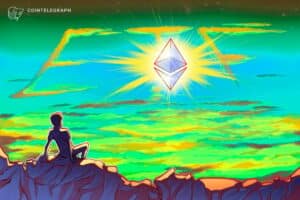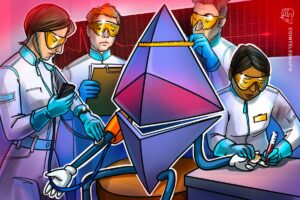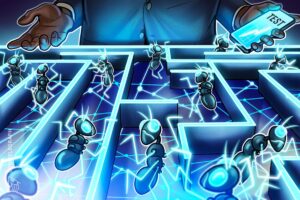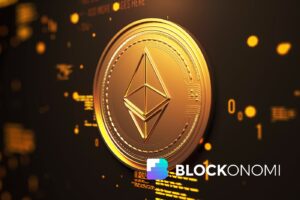Now we’re in the final game: Gitcoin 2024 is all about gifts.
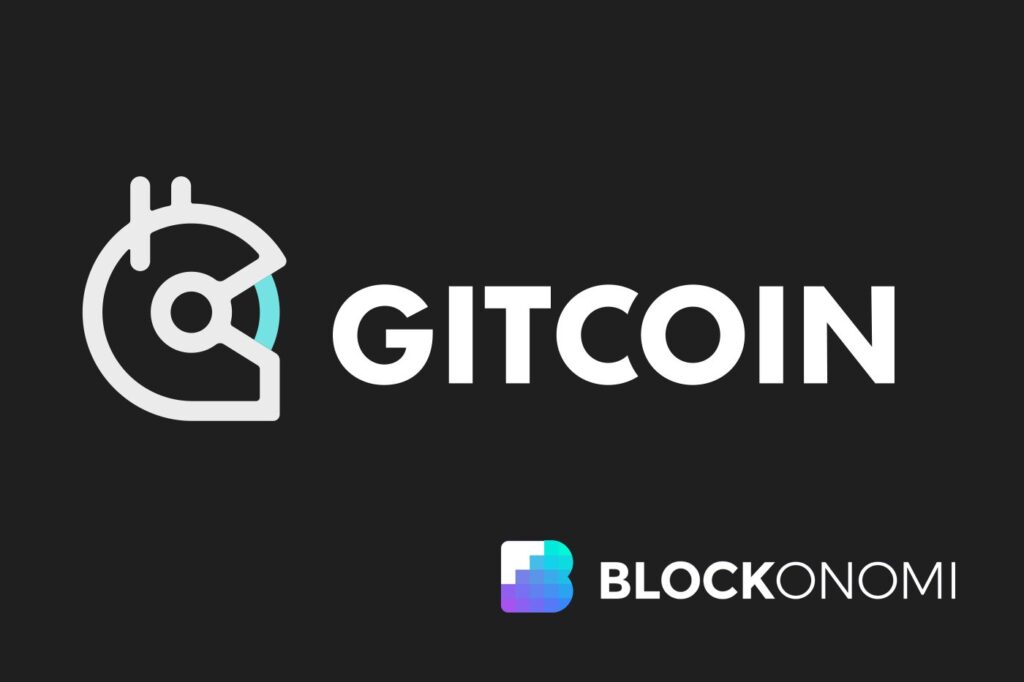
Open source software funding platform Gitcoin is doubling down on grants this year as it seeks to reach $1 billion in distributed funds. The project will be about “explosive growth” when Gitcoin calls it “the last game”, comparing it to the last level in every game of chess.
The approach is to allow the Gitcoin team to reach the $1 billion level in the “next several years” using the protocol. So far, Gitcoin has distributed more than 56 million dollars through the Gitcoin Grants program, which confirms its position in the field of grants, especially in the Ethereum ecosystem.
Change is on the way.
Since Gitcoin launched its “Gitcoin Grants” program in 2019, while providing funding for high-impact projects, this year will see significant changes in how this is achieved. Focusing on “building the technology and demonstrating best practices”, the Gitcoin team will not only improve the selection process and infrastructure, but also increase research and testing efforts.
These efforts come in the form of two new business units for Grant Labs and Passport, including plans for the latter to become its own standalone project. By creating these two divisions, GitCoin seeks to increase the autonomy of the teams, eliminating competing priorities and allowing for roadmaps designed by people with intimate knowledge to quickly bring projects to market.
The Gitcoin team will be decommissioning the Public Goods Network (PGN) in the next six months. The decision was made after evaluating parameters such as usage, incentives and costs, which concluded that the project had not achieved sufficient adoption and sustained interest.
The year of the gift
Thanks to the increased autonomy, the new business units will enjoy, the Gitcoin team will focus on “developing the community” and “creating more opportunities”. The new Ecosystem Sub-Dao handles issues related to governance and community.
???? Inspired by the incredible spirit of creativity and innovation in our community, we are excited to launch the Ecosystem Common Sub-DAO! Aimed at nurturing the Gitcoin ecosystem and the wider Web3 funding industry, this initiative leads our community and governance.
— Gitcoin (@gitcoin) February 5, 2024
While the Roadmap and Charter are being developed, a citizen support program has already been announced and is currently being implemented. The program not only allows community members to receive retrospective funding, but also through a direct funding system rather than quadratic funding.
Each of the three parts of this project focuses on a different ecological need. Citizens Retro will focus on retrospective funding, Citizens Community Proposal Innovation and Citizens Forward Proposals. Citizens Innovate and Transfer will start as a 6-month pilot and after their profits are returned to the DAO, Citizens Retro will operate as a separate initiative.
Support public goods with blockchain
The four-funding model has been a staple of the Gitcoin grant since the strategy was first proposed in 2018 by Vitalik Buterin, Zoe Hitzing, and Glen Weyl. The system allows members of the community to vote on the allocation of funds through donations, which then decide how the central fund's resources will be allocated based on the value of the contributions from the number of donors.
Gitcoin was not only the first implementation of quadratic funding, but also became very famous due to its widespread support from organizations outside of the blockchain space. Some of these partnerships, however, have drawn criticism from community members who believe companies such as Shell are using the project for their greenwashing efforts.
As of 2019, Gitcoin has allowed 3715 projects to raise funds from 3.8 million donations, totaling over $56 million dedicated to public goods. The revision of the gitcoin “corporate” structure and the new focus on grants will determine the explosive growth that the grant rate will fuel or achieve.




